I have a code that I'm running for a project. It is O(N^2), where N is 200 for my case. There is an algorithm that turns this O(N^2) to O(N logN). This means that, with this new algorithm, it should be ~100 times faster. However, I'm only getting a factor of 2-fold increase (aka 2x faster).
I'm trying to narrow down things to see if I messed something up, or whether it's something inherent to the way I coded this program. For starters, I have a lot of function overhead within nested classes. For example, I have a lot of this (within many loops):
energy = globals->pair_style->LJ->energy();
Since I'm getting the right results when it comes to actual data, just wrong speed increase, I'm wondering if function overhead can actually cause that much speed decrease, by as much as 50-fold.
Thanks!

